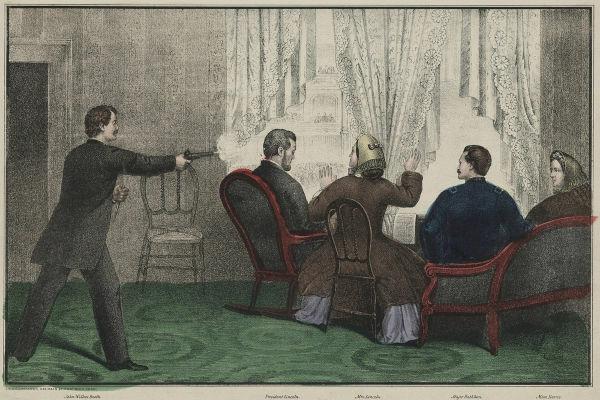Something totally different has happened when you've been drinking coffee? In addition to the surreal energy we can be exposed to, there are some details that can pass without us noticing the difference.
Like many people around the world, waking up and having a good cup of coffee to start the day is something capable of waking us up for a new day. Despite that, have you ever felt like you were drunk from just that one moment?
see more
Secret of youth? Researchers reveal how to reverse…
The "powers" of porridge: check out the benefits of oats in…
Usually, a drunk person faces a period of very high euphoria and then regrets his actions – that is, of course, when he can remember a fateful event!
Likewise, there are people who are completely sensitive to the use of coffee. So, in fact, is coffee capable of getting a person drunk?
Coffee can have the same effect as alcohol.
While caffeine intake in moderate amounts is considered safe for most people, it is important to remember that each individual may react differently to the substance.
The recommendation to limit caffeine intake to 400 mg per day is based on studies and surveys that consider the population average.
However, it is important to point out that caffeine intoxication is possible, although it is rare. Symptoms of caffeine intoxication can include nervousness, agitation, tachycardia, tremors, insomnia and, in more severe cases, symptoms such as nausea, vomiting and even seizures may occur.
To reach this level of drunkenness because of coffee, there are two reasons: your genetic condition and the way in which the tasting pupil manages to digest food.
When examining the DNA of 3,000 dedicated coffee drinkers in a 2018 study, researchers found that some people carried a genetic variation in the PDSS2 gene. This genetic variation is related to a reduction in the body's ability to efficiently metabolize caffeine.
While most people process caffeine efficiently, some people may experience a more intense response due to genetic variations.
If you identify with this situation, it could be that your DNA influences the way your body metabolizes caffeine, retaining it for a longer period of time and resulting in more pronounced.
Some scientists suggest that sensitivity to bitterness, such as that found in coffee, can be attributed to our taste buds.
In the past, bitter tastes were associated with potentially toxic substances, which could trigger a vertigo or dizziness reaction as an ancestral defense mechanism.
If tremors occur after consuming a cup of coffee, it is advisable to reduce the amount of coffee ingested. If you are especially sensitive to caffeine, lowering your consumption even further is the best option, or you can also opt for caffeine-free coffee.
Lover of movies and series and everything that involves cinema. An active curious on the networks, always connected to information about the web.


